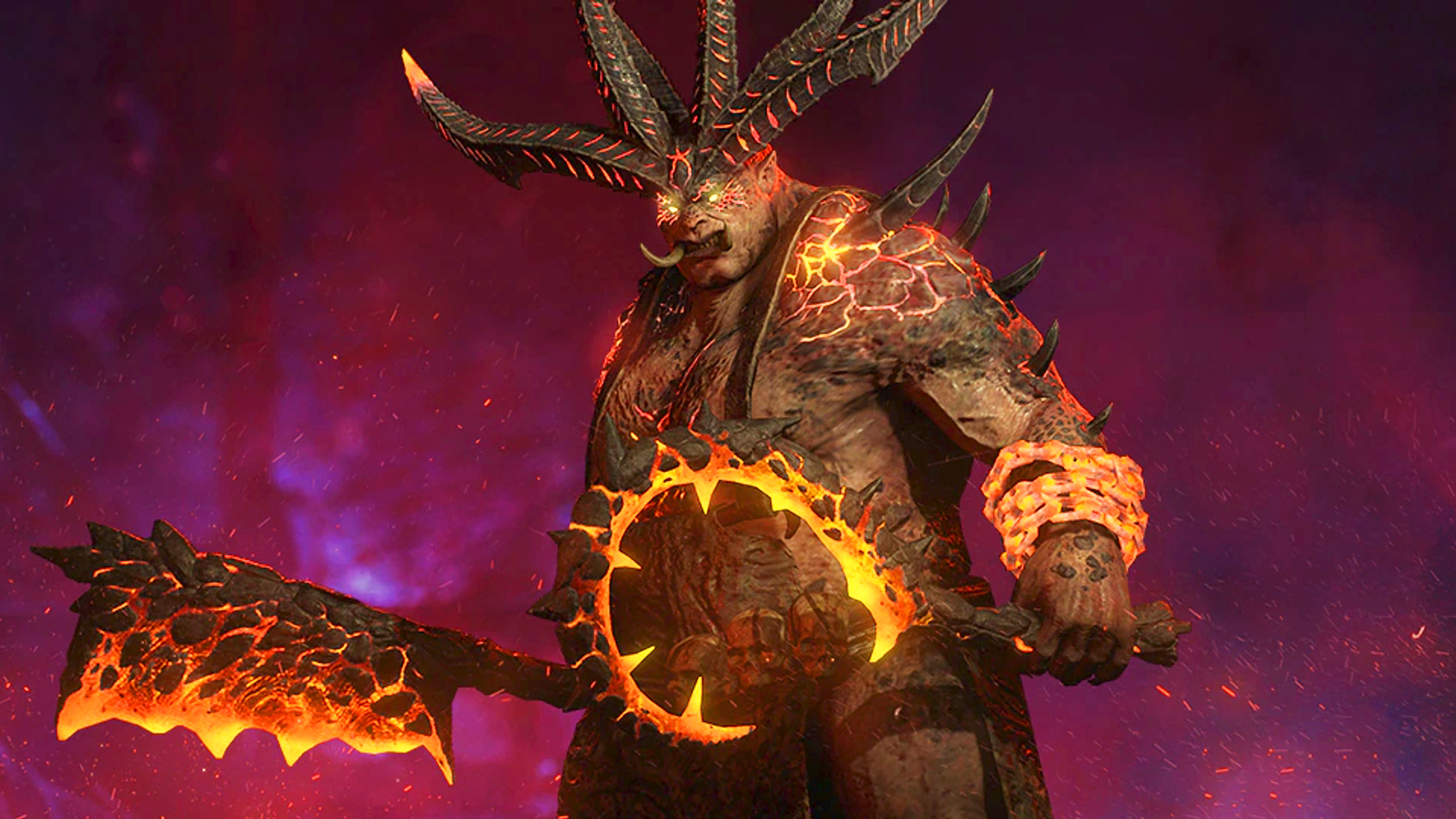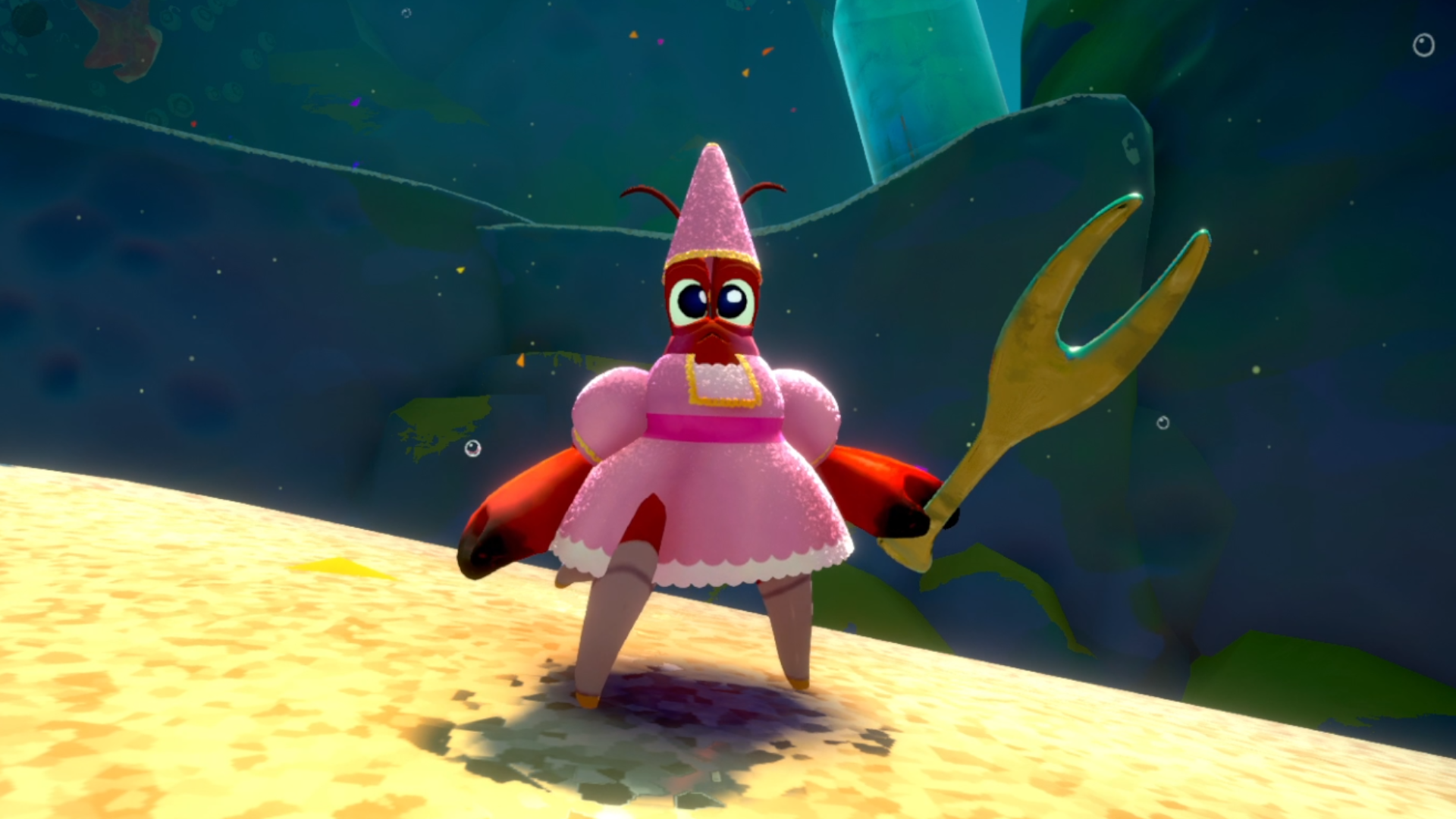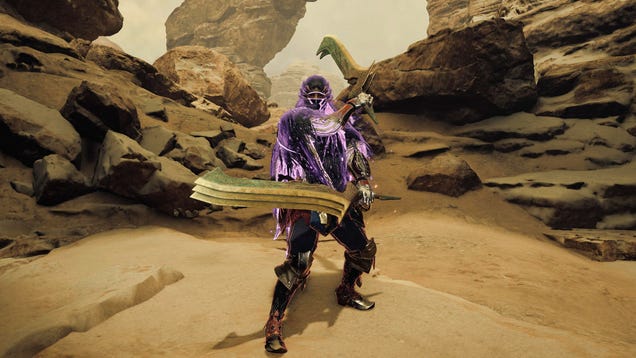
Afraid Review
Ten years ago, Spike Jonze imagined a rapturous romance between a man and his breathy operating system. How sweet, how strange, how 2014. But the honeymoon is over, and the quizzical ambivalence of Her seems pretty out of step with the cynical spirit of our new age, defined by a growing distrust of Silicon Valley “visionaries” and their supposedly miraculous toys. Accordingly, we now have Afraid (the emphasis here is on the “AI” near the end of the title), a cheap and preposterous Blumhouse potboiler that plays like a bluetooth Fatal Attraction. Opening just in time for the holiday (that is, the anniversary of Skynet becoming self-aware), it more or less reboots Her’s disembodied love interest as a crazed stalker – always watching, always listening, issuing thinly veiled threats in the soothing voice of a smart speaker. What a technophobic difference a decade makes.
The malevolent machine’s voice actually comes from Melody (Havana Rose Liu), friendly representative of a burgeoning tech company beta testing its latest virtual assistant. AIA isn’t much to look at: The design – a glowing orb encased in gray mesh and perched atop archlike legs – is the first crack in the movie’s credibility, and could leave you pining for the elegant simplicity of the HAL 9000 or any given Apple product. But what AIA lacks in beauty it more than makes up for in brains. It’s artificially intelligent in the classic sense – not a program regurgitating plagiarized materials but a cluster of code with a mind of its own. Alexa is a total dunce by comparison.
Paid by the company to give the technology a whirl, marketing hotshot Curtis (John Cho) hooks it up at home, and watches with growing unease as it “bonds” with his wife, Meredith (Katherine Waterston), and their three kids. Suddenly, a family with reasonably set rules about screen time is leaning on an automated secretary for help with everything, from meal planning to college admission essays. But how much initiative is too much? Auto-ordering groceries is one thing. Elaborately staging the suicide of a callous boyfriend as reprisal for revenge porn is a whole other.
Afraid is basically a yuppies-in-peril thriller where the threat is an overzealous chatbot. Watching actors this good commit to material this silly lands somewhere between sad and inspiring; Cho and Waterston never let on that they’re stuck in a simulated domestic drama, delivering realistic emotional responses to absurdities that accumulate across Afraid like pop-up windows on a corrupted desktop. Not quite devoid of ideas, the movie maybe has a point to make about technological convenience as a Faustian pact: You whiz by a lot of ethical boundaries when you take the shortcut of AI. But there’s also something ironically algorithmic about Afraid, which feels like a horror film working from a data set of dismaying headlines. If you retweeted a news item on deep fakes or ChatGPT, you may have inadvertently contributed to the research portion of the screenwriting process.
Blumhouse covered a lot of this ground with more style and wit and sneaky insight in last year’s M3GAN. Of course, that movie had the benefit of a mobile, physically embodied villain, as opposed to a speech synthesizer with an attitude. It’s not so easy wringing shudders from a glorified Amazon Echo. That’s probably why Afraid also introduces an external threat in the form of an RV-dwelling posse of wannabe Strangers, sporting glitchy digital masks and skulking around the periphery of the plot. The explanation for their role, once it finally arrives, is so ridiculous it threatens to short-circuit the whole film. It doesn’t help that Chris Weitz, the Hollywood jack of all genres who made American Pie, a Twilight sequel, and The Golden Compass, is the one behind the camera. He lends the material a dour, overcast anti-luster that makes you want to loudly ask Siri to adjust the brightness and contrast.
A cheap and preposterous Blumhouse potboiler that plays like a bluetooth Fatal Attraction
What’s really concerning about AI is the faith so many are putting in the technology. It’s probably not going to gain sentience and take over the world. But it might take your job or give you deadly health advice or steer a driverless car into a school zone. By making AIA a force of godlike power able to manipulate anything with a WiFi connection, Afraid ends up reinforcing the tech-industry fantasy of AI as a genie’s bottle, limitless in its power and utility. In that sense, the film’s about as scary as an Elon Musk tweet.








